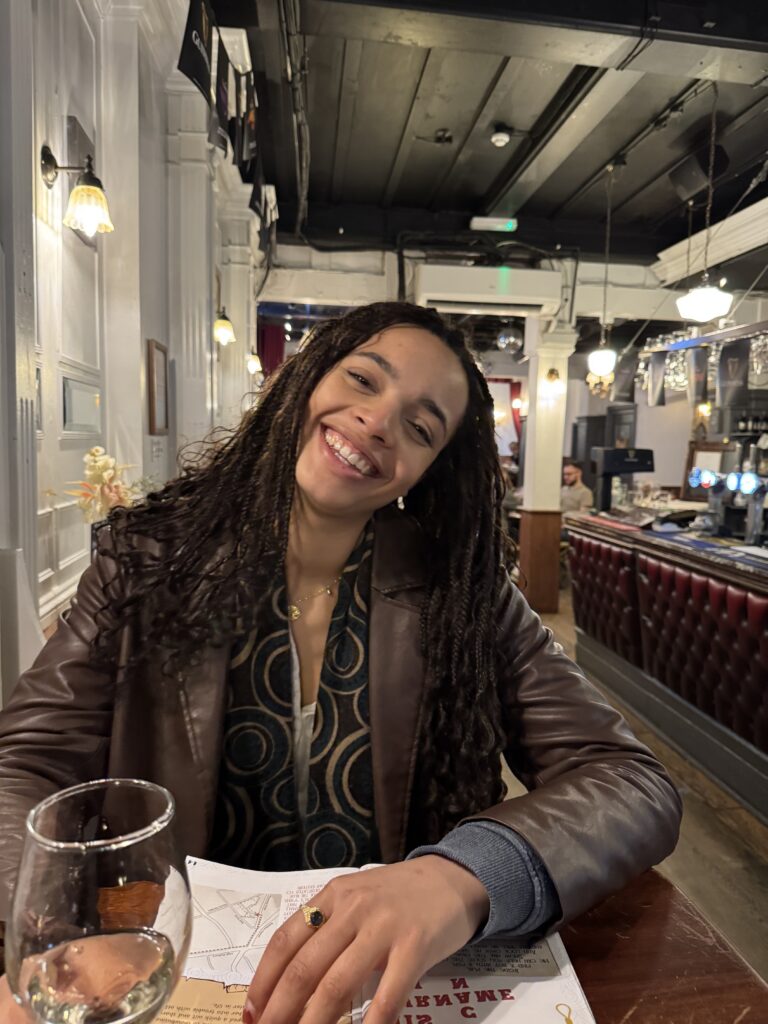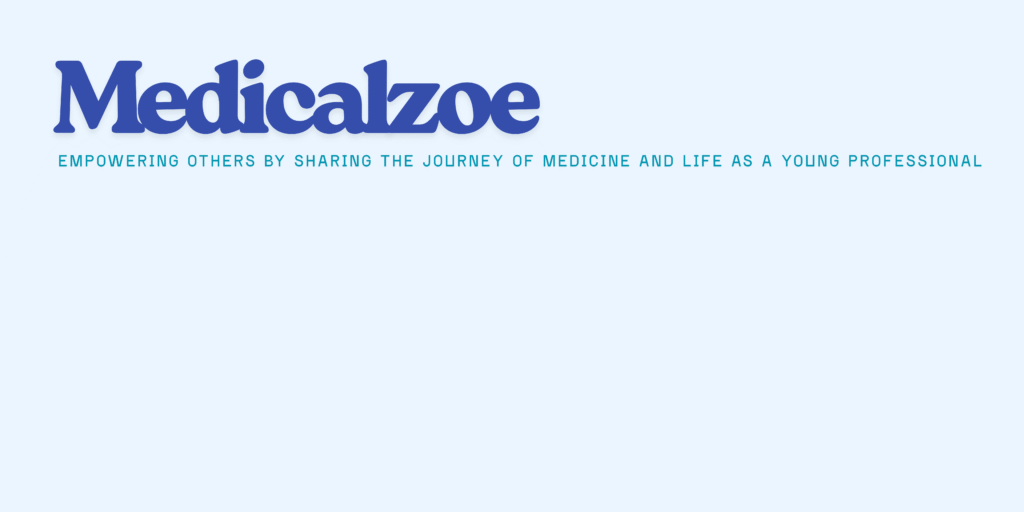
Hi there! Welcome to my blog, let me introduce myself…
I am a UK medical student, currently in my third year! I love netball, drama, music and art. I am passionate about human rights, and climate activism. Phew!
This Blog is all about Medicine, as one of my great passions I wanted to create a space where aspiring medics and students can pool their energy to discuss important medical issues, boost their applications and learn more about the healthcare system and team. I also talk about lifestyle and more general academics too; so non-medics, there is a place for you here too! This website is for YOU! Everything I post is with the intention of helping you out on your medical journey and providing support guidance ( and hopefully some inspiration) along the way!
I am so happy you have joined the team!

